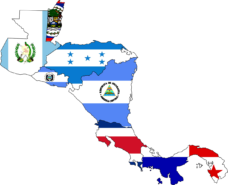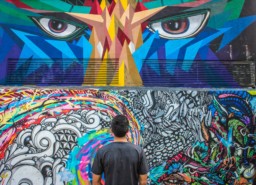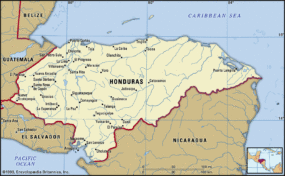Posted on 04 Apr 2022
In 2012, Colombian news outlet Semana obtained a video from the country’s law enforcement showing a handcuffed man called Daniel ‘El Loco’ Barerra – a drug trafficker who had been arrested in Venezuela and was being extradited to Colombia. Then president Juan Manuel Santos proclaimed that Barerra was ‘the last of the great capos‘. But the video tells a different story: Barerra can be seen warning law enforcement officers of a man named ‘Otoniel’, repeatedly calling him an ‘animal’.
The man he was talking about was Dairo Antonio Úsuga, alias ‘Otoniel’, the leader of Clan del Golfo (also known as Clan Úsuga, the Urabeños and Autodefensas Gaitanistas de Colombia) and he came from Úraba, the banana-growing jungle region in the north of the country, on the border with Panama.
A household name
Clan del Golfo was birthed out of a violent right-wing paramilitary movement known as the Autodefensas Unidas de Colombia in 2006, becoming a hybrid organized criminal paramilitary group. Operating through a franchise-system structure, over the course of the next 15 years, Clan del Golfo battled with armed groups such as the Revolutionary Armed Forces of Colombia (FARC), the National Liberation Army (ELN), Los Rastrojos, Oficina de Envigado and FARC dissidents to become the biggest drug trafficking organization in Colombia. Its size became such that other organized criminal groups paid Clan del Golfo to traffic their cocaine.
Clan del Golfo cultivated connections with other organized criminal groups across the world – from Mexico’s Jalisco New Generation Cartel and Sinaloa Cartel, to Italian mafia groups including the Calabrese mafia, Cosa Nostra and ‘Ndrangheta, not forgetting the Balkan networks.
Otoniel, along with his brother Juan de Dios Úsuga, alias ‘Giovanni’, took control of Clan del Golfo in 2009. When Giovanni was killed at the hands of law enforcement in 2012, Otoniel assumed sole power. In response to Giovanni’s killing, Clan del Golfo imposed a curfew on the entire population of northern Colombia: all business, trade and public transport were forbidden. In an echo of a move done by Colombian kingpin Pablo Escobar, Otoniel also offered US$500 for the life of any Colombian police officer. These actions made Otoniel a household name in Colombia – and a marked man.
Clan del Golfo continued to expand, including into other illicit markets such as illegal gold mining, battling with groups such as the ELN and FARC dissidents for the riches beneath their feet and causing severe and long-lasting environmental damage through deforestation and mercury poisoning. Clan del Golfo now exert control over mines , whether licit or illicit, artisanal or multinational, and they do this through violence, assassinations and the extortion of workers. To top it off, gold is used to launder dirty drug-trafficking money.
Operation Agamemnon
In 2015, Bloque de Búsqueda (search bloc), the Colombian police unit made famous by its killing of Escobar in 1993, was tasked with tracking down Otoniel in Operation Agamemnon. But despite this increased attention from law enforcement, the fortunes of Clan del Golfo continued to rise, particularly after the demobilization of the FARC in 2016, when it expanded into the newly vacated territory. But with the removal of the FARC, the Colombian army sought to find a new role, and they saw that as fighting organized crime. Bloque de Búsqueda was now joined in the search for Otoniel by the Colombian army and their expertise – Operation Agamemnon II had begun.
Otoniel then spent much of his time travelling between rural safe houses in Úraba, with just four armed guards and never staying anywhere for more than two nights, as he feared capture if he got too close to urban areas. He reportedly had a liking for young girls, committing serial sexual abuse on minors who were trafficked to his jungle home.
The misery of a life on the run led him in 2017 to seek a deal with the government. He asked Pope Francis, who was visiting the country, to intercede on their behalf. But Operation Agamemnon II was now in full swing and the senior leadership within Clan del Golfo was being knocked down one by one, including Otoniel’s own family members. The net was closing in.
In October 2021, UK and US intelligence joined their Colombian counterparts to track down the location of Otoniel in his jungle hideout using satellite imagery. More than 500 Colombian special forces and soldiers entered the jungle and surrounded the hideout, meticulously bypassing the eight rings of security and capturing the infamous drug lord. President Ivan Duque, with similar zeal to that of his predecessor after the capture of Daniel ‘El Loco’ Barerra, playing to the global media, proclaimed the capture of Otoniel was ‘only comparable to the fall of Pablo Escobar’.
Otoniel now faces extradition to the United States. But what will happen to Clan del Golfo is the bigger concern. Is there a new leader to take control? Or will fragmentation and inevitable violence follow? Either way, it will be the Colombian people who will suffer.
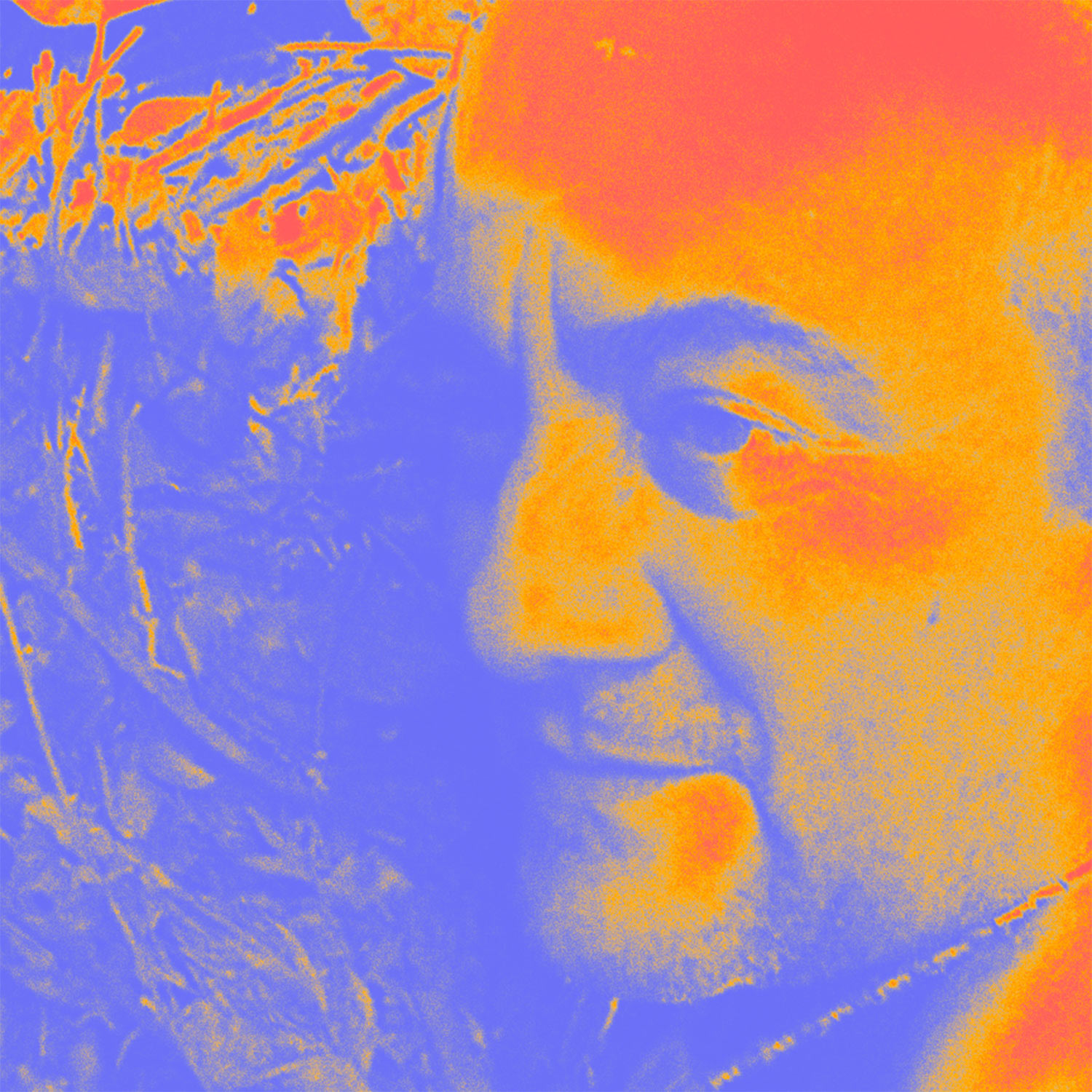
In late 2021, the leader of Clan del Golfo (The Urabeños) Dairo Antonio Úsuga, aka "Otoniel", was captured by the Colombian police. President Iván Duque said that the arrest was only matched by the fall of Pablo Escobar in the 1990s.
Over the course of two episodes we look at the birth of Clan del Golfo out of the ashes of the right-wing paramilitary movement in Colombia. We'll explore their involvement in illicit markets such as drug trafficking, illegal mining, human trafficking, sexual exploitation, and how they use extreme violence and targeted assassinations to spread fear.
So who is Otoniel? Well, a prominent drug trafficker, Daniel "El Loco" Barrera, after being captured by Colombian police, warned them that about Otoniel, repeatedly saying..."He's an animal".
Speakers:
Angela Olaya, the Co-founder and Senior Researcher at the Conflict Responses Foundation in Colombia.
Toby Muse, Foreign Correspondent, documentary filmmaker and author of the book Kilo: Life and Death inside the secret world of the cocaine cartels.
Jorge Mantilla, the Director of Conflict Dynamics and Organized Violence, Ideas for Peace Foundation and a member of the GI network
Related Links:
Toby Muse - Kilo: Life and Death inside the secret world of the cocaine cartels
Insight Crime - Dairo Antonio Usuga "Otoniel" Profile
Colombia Reports - Gaitanista Self-Defense Forces of Colombia (AGC) / Gulf Clan
Mapping Militants, CISAC, Stanford
El Semana - Daniel "El Loco" Barrera arrested
Paramilitaries’ Heirs: The New Face of Violence in Colombia - Human Rights Watch
The Last Man Standing? The Rise of the Urabenos - Jeremy McDermott
Reuters - Virgins recruited as sex slaves for Colombian drug lords - reports
Full Reading List to be provided soon.
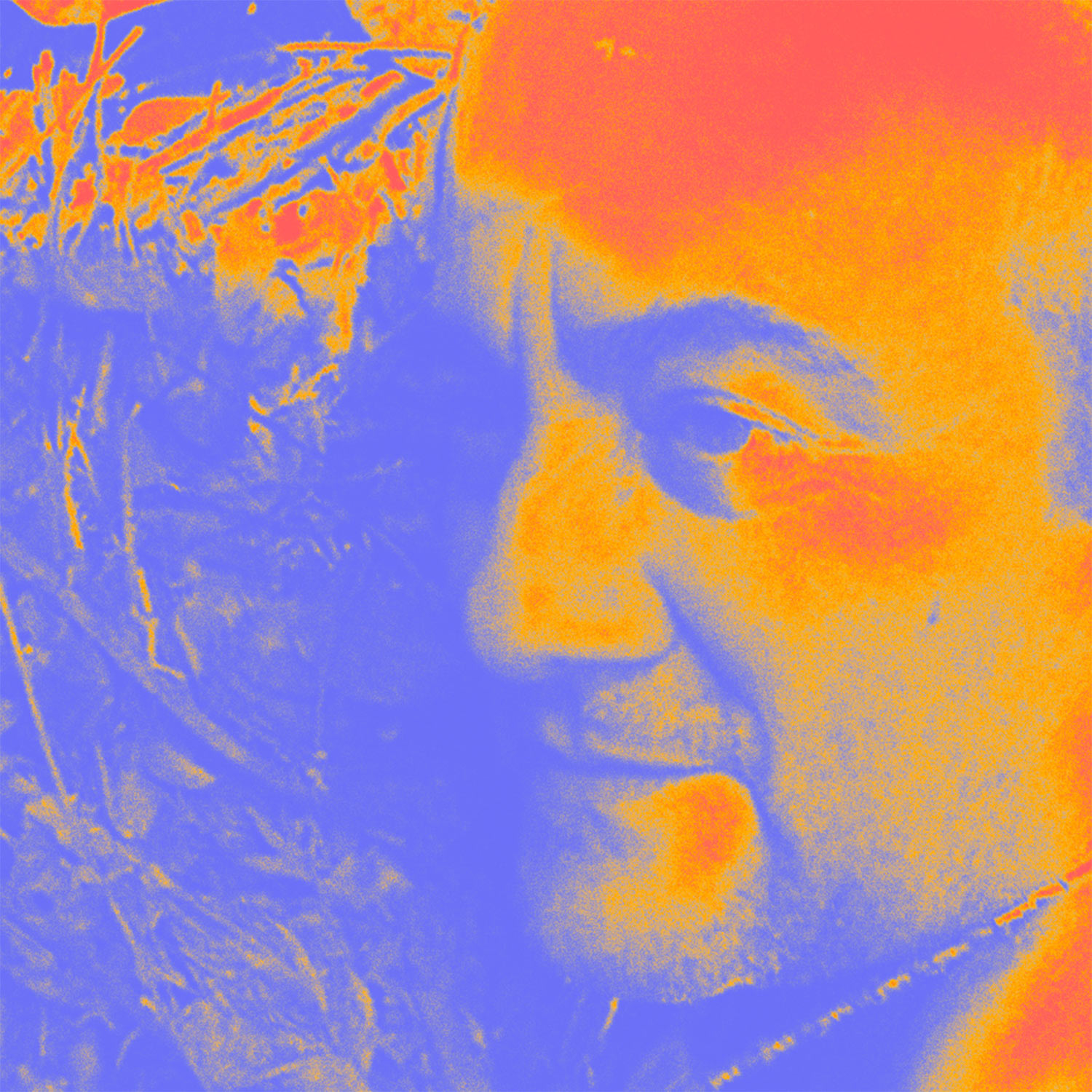
At the end of part 1, Otoniel we left him in sole charge of Clan del Golfo, the biggest organized crime group in Colombia.
In part 2 "Don't text or call me", we look through the eyes of a man who goes by the alias "Messi", who was involved in cocaine trafficking and money laundering for Clan del Golfo. We'll see how he used real-estate, cars, watches, front companies and government contracts to clean the drug money...as well through football, music and livestock!
And finally we'll delve into the murky world of illegal gold mining and the way Clan del Golfo use violence, intimidation and even assassination to get extortion payments from the workers.
Speakers:
Daniel Rico, Researcher at Ideas for Peace Foundation and Director of C-Analysis in Colombia and member of GI Network
Luis Fernando Trejos Rosero, Profesor investigador del Departamento de Ciencia Política y Relaciones Internacionales, Universidad del Norte, Colombia
Jorge Mantilla, the Director of Conflict Dynamics and Organized Violence, Ideas for Peace Foundation and a member of the GI network
Toby Muse, Foreign Correspondent, documentary filmmaker and author of the book Kilo: Life and Death inside the secret world of the cocaine cartels.
Marcena Hunter, Senior Analyst, Global Initiative Against Transnational Organized Crime
Ana Paula Oliveira, Analyst, Global Initiative Against Transnational Organized Crime & Global Assassinations Monitor.
Related Links:
(Paper) Cocaine Pipeline to Europe
(Paper) Transnational Tentacles
Toronto Star - Death, extortion stalk workers at Canadian mine in Colombia
Miami Herald - Dirty gold is the new cocaine in Colombia — and it’s just as bloody
Toby Muse - Kilo: Life and Death inside the secret world of the cocaine cartels
Insight Crime - Dairo Antonio Usuga "Otoniel" Profile
El Tiempo - La historia secreta de ‘Messi’, el capo de los $ 4 billones
Colombia Reports - Urabeños shut down Gran Colombia Gold operations after killing mining leader
Insight Crime - Colombia Drug Trafficking Money Laundered Through Modified Gold
Full Reading List to be provided soon.
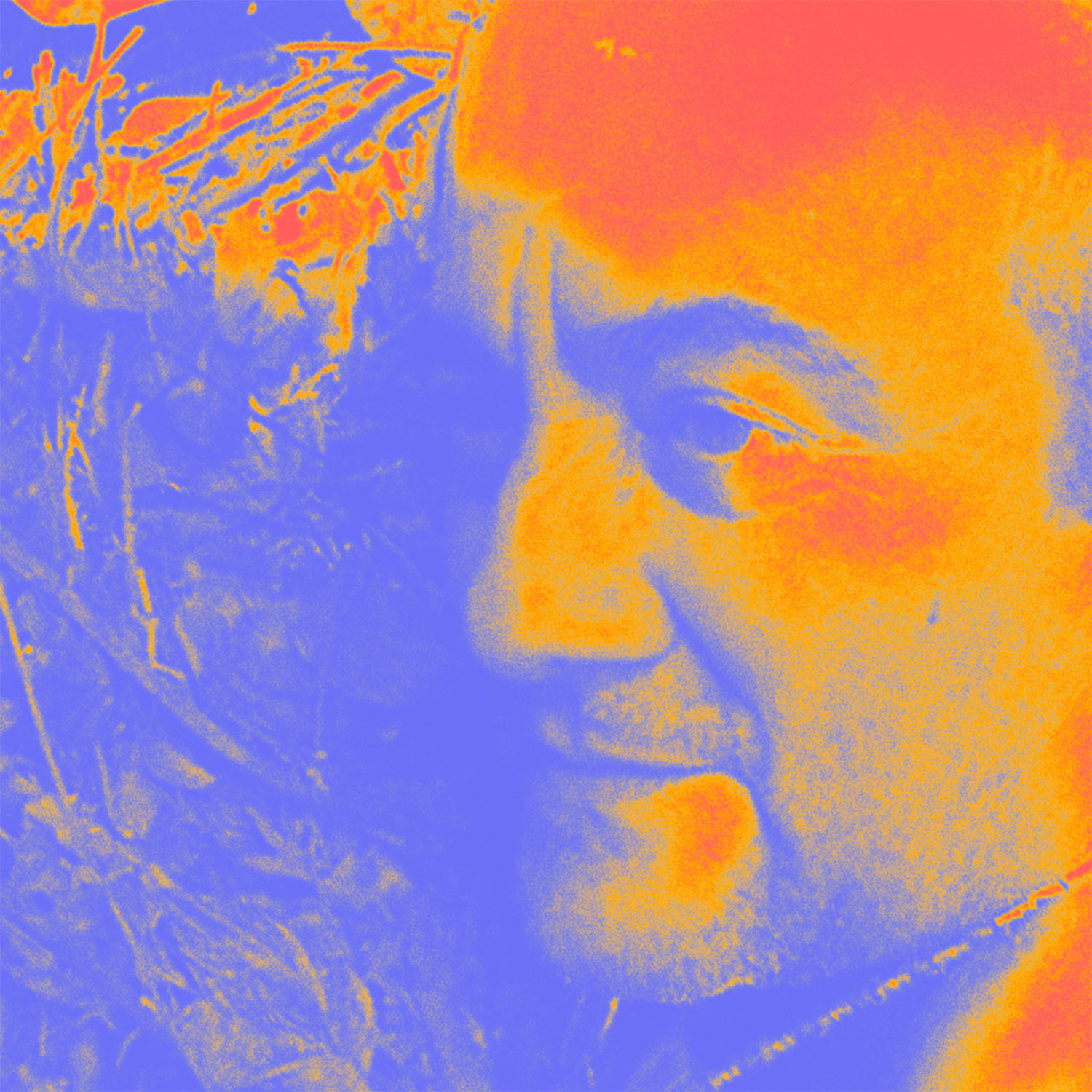
As the net begins to close on Otoniel, life on the run is hard. Deep in the jungles of Úraba, he never stays in a single place for more than two nights, he no longer communicates using phones and he stays away from urban centres for fear of capture. But he still runs the largest organized criminal group in Colombia.
One by one, other senior members of Clan del Golfo are picked off. But Otoniel continues to evade law enforcement in a constant game of cat and mouse.
But now, Operation Agamemnon is in full swing with Search Bloc, the Colombian army and international partners hunting Otoniel - and when he is finally captured it's reported that he said "You beat me".
This is part 3 of Clan del Golfo: The Fall of Otoniel.
Speakers:
Angela Olaya, the Co-founder and Senior Researcher at the Conflict Responses Foundation in Colombia.
Toby Muse, Foreign Correspondent, documentary filmmaker and author of the book Kilo: Life and Death inside the secret world of the cocaine cartels.
Jorge Mantilla, the Director of Conflict Dynamics and Organized Violence, Ideas for Peace Foundation and a member of the GI network
Related Links:
Toby Muse - Kilo: Life and Death inside the secret world of the cocaine cartels
Insight Crime - Dairo Antonio Usuga "Otoniel" Profile
teleSUR - A Look into 'Clan del Golfo,' Colombia's Largest Paramilitary Group
el Colombiano - Siete líneas guiarán al Ejército nacional
Los Informantes - Las chicas del clan: alias ¿Otoniel? y su red de prostitución de menores
el Heraldo - “Somos hombres de Dios”, el mensaje de alias Otoniel al Papa
Reuters - Colombian police capture sister of Clan del Golfo leader Otoniel
El Tiempo - Cayó alias Otoniel, el narcotraficante más buscado del país | El Tiempo
Semana - Presidente Iván Duque entrega detalles de la captura de alias Otoniel
The Guardian - Colombia’s most-wanted drug lord, Otoniel, captured in jungle hideout
BBC - Colombia's most wanted drug lord Otoniel captured
Insight Crime -The Urabeños After Otoniel - What Becomes of Colombia's Largest Criminal Threat?

